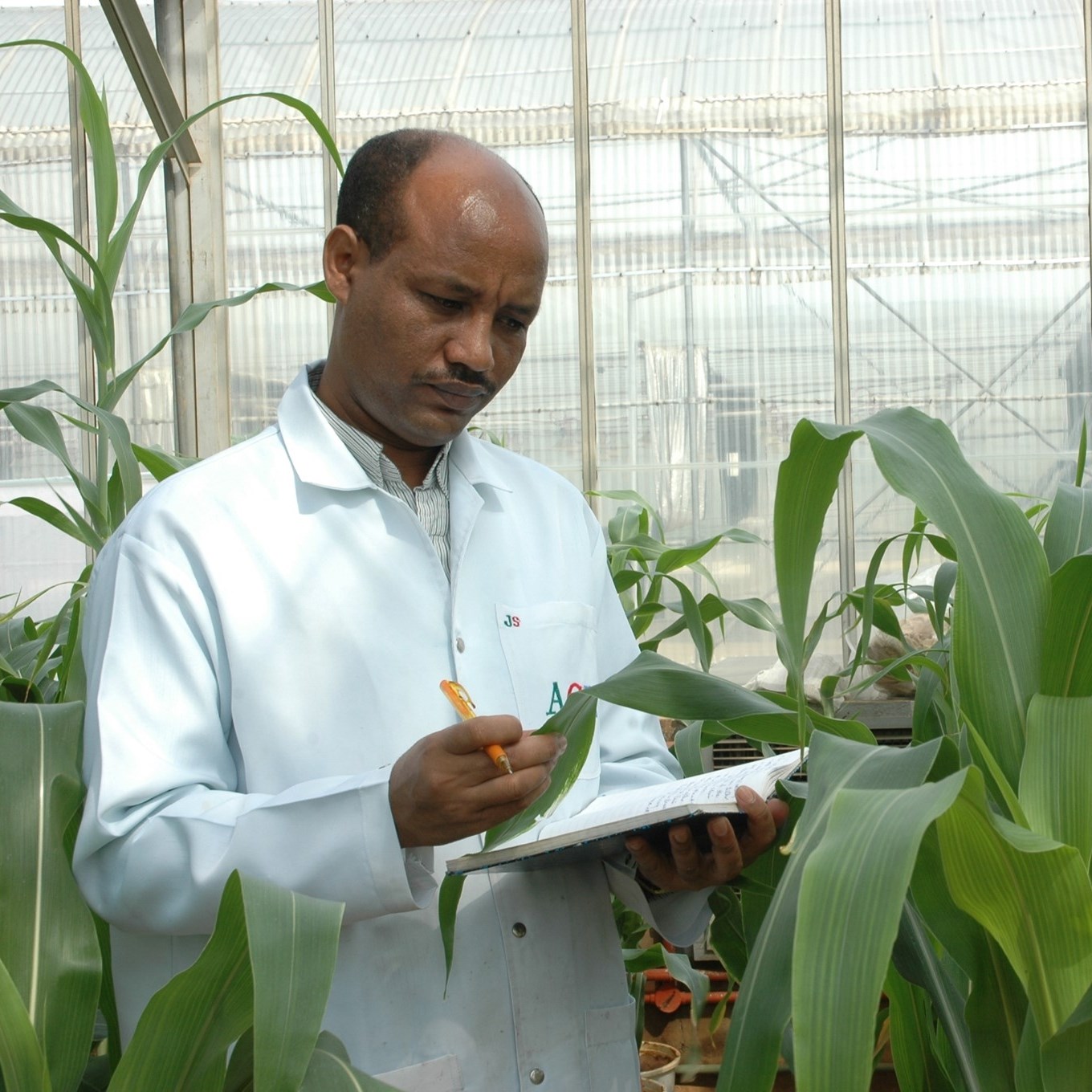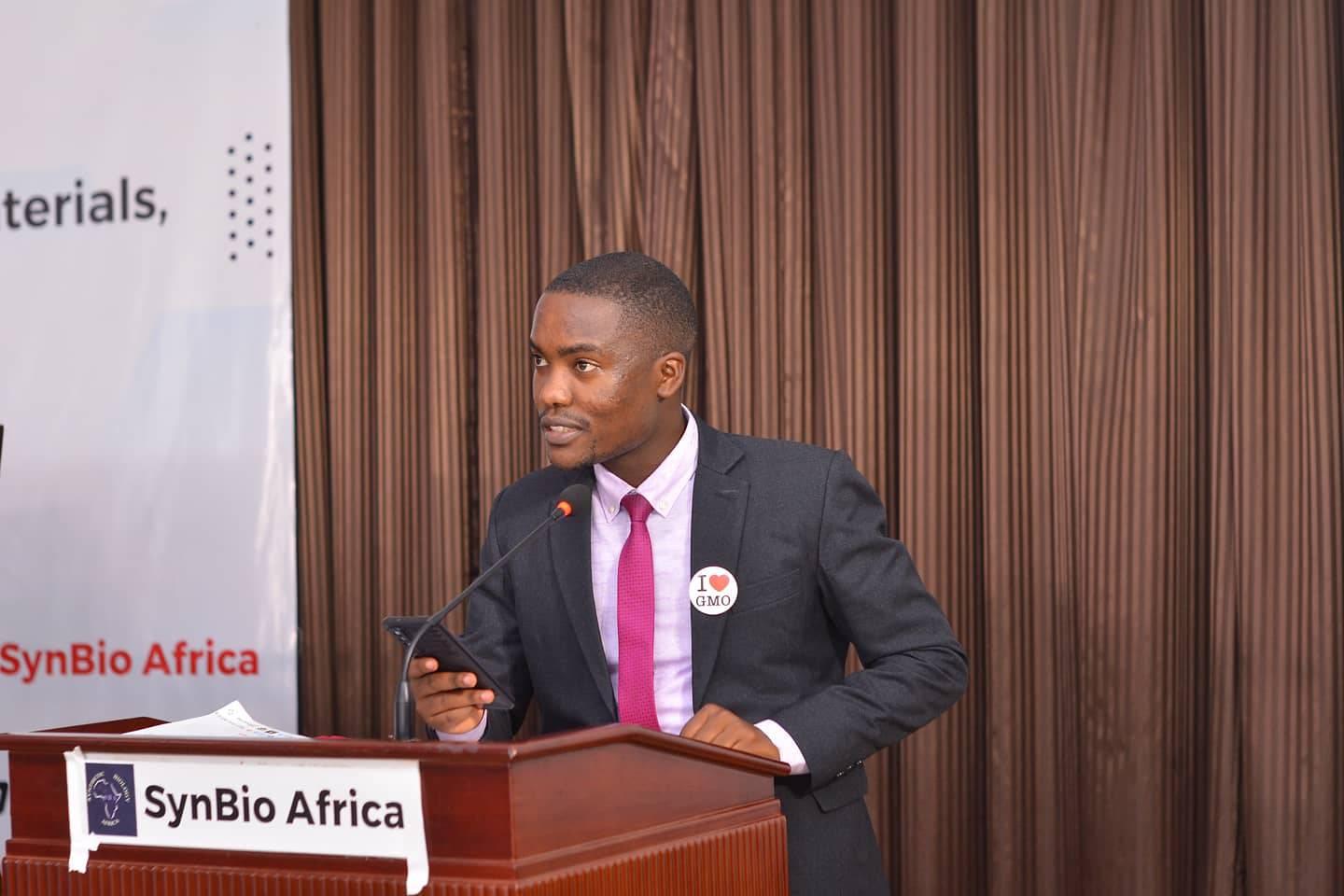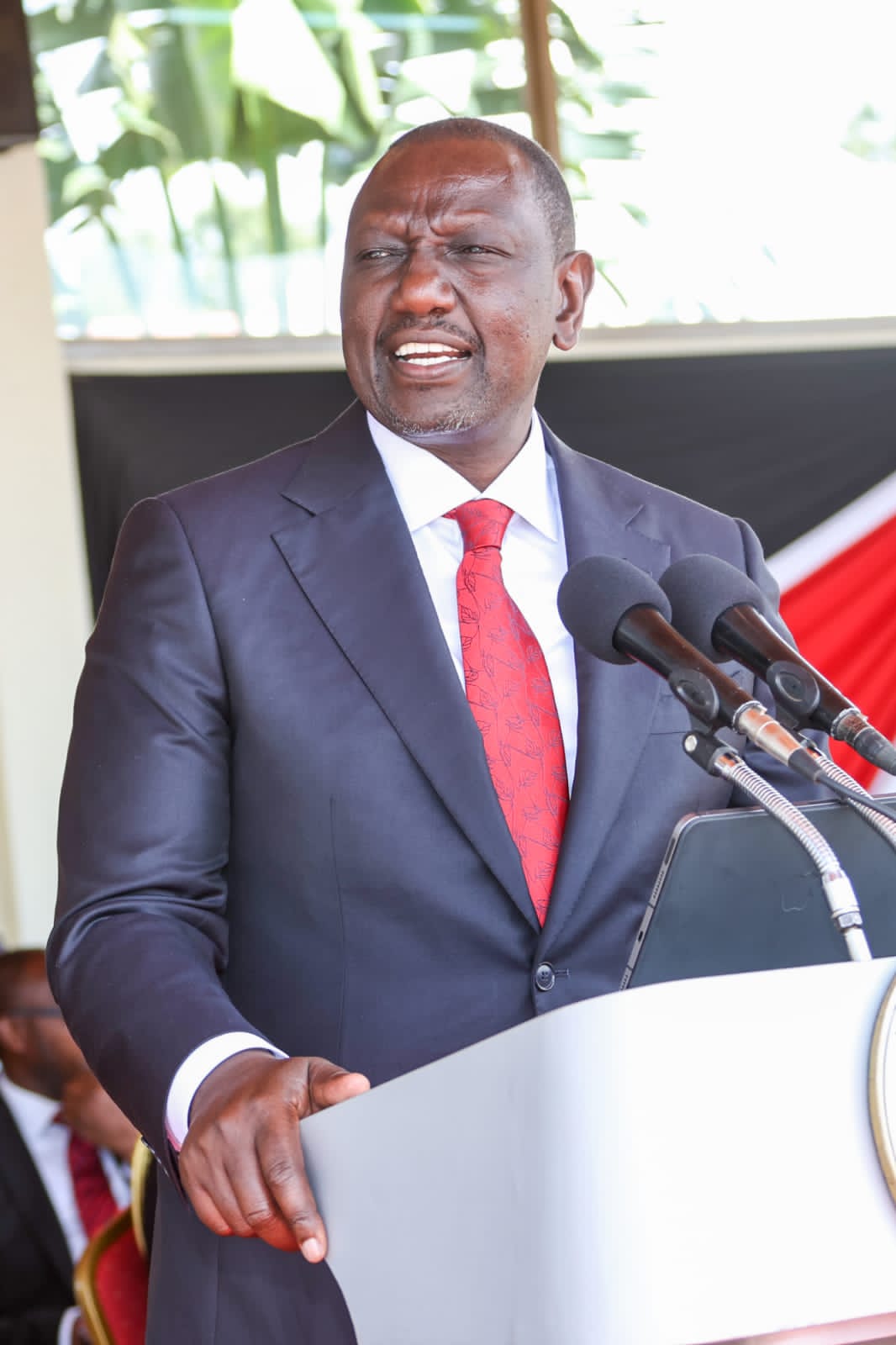Kenyan President William Ruto’s recent remarks reiterating his pro-GMO stance were applauded by several scientists in East Africa who recognize that without GMO crops and newer technologies, the region will be more food insecure.
The region is experiencing the worst drought in four decades and an unprecedented sixth failed rainy season is predicted for 2023.
Several agricultural experts agree that another failed rainy season will have a major impact on the livelihoods of smallholder farmers.
Kenya, which has recently seen a 70 percent decline in crop production, lifted a ten-year ban on the importation and cultivation of GMO crops last year to address food shortages and to reshape its agricultural sector.

Kassahun Bantte, a professor of plant molecular breeding and biotechnology at Jimma University in Ethiopia told the AfS that Kenya’s decision to approve GMOs will have a significant impact on the region.
“The adoption of GMOs in Kenya will encourage other countries to do the same. In Ethiopia, the government is already supporting the use of biotechnology. Countries that are still opposing it should just adopt it and prepare the necessary legal framework,” Prof Bantte, who is also the director of Jimma University’s Plant and Animal Biotechnology Research Center, said.
“Otherwise, they will not manage to stop the introduction of GMO seeds and products from neighboring countries such as Kenya through illegal means.”

Ian Peter Busuulwa, a Ugandan biotechnologist who is the policy and communications officer at SynBio Africa agreed that Kenya’s position is likely to motivate other nations in the region to change their positions regarding the adoption of GM crops.
“Given how interlinked trade and other aspects of development are in the region, the impact of Kenya’s decision will spread beyond eastern Africa.”
Kenya’s GMO crops trajectory will make other countries in the region develop frameworks for using technologies like genetic modification and genome editing to address food insecurity
According to agricultural researcher Erick Okwalinga, President Ruto will be vindicated as food insecurity rises and crop productivity declines in the region.
“In the face of Kenya’s harsh climate realities, President Ruto dared to lift the ban and his decision will eventually improve Kenya’s fragile food security situation,’ Okwalinga said.
“The upshot is likely to be other food insecure nations warming up to GM technology and the easier-to-use genome editing tool, which helps plants resist disease and adapt to drought.”
The African Union’s Agenda 2063 aims at utilizing genome editing to improve agricultural productivity and crop resistance.

Following President Ruto’s remarks that scientists from all over the world agreed that GMOs were not harmful and that there was no evidence that they were dangerous, several Kenyan scientists including Dr Dennis Ouma, defended him
“Scientists all over the world agree that GMOs are safe. The future of agriculture, nutrition, and food security will rely on biotechnology,” Dr Ouma, who is a food scientist, tweeted.
Crops tolerant to drought and pests
In response to a tweet by Standard Digital, one of the largest newspapers in Kenya, Paul Peter Muthanga, a technical and standards specialist in agriculture, wrote: “There is no issue with GMOs. The problem is integrity, and we know what happens in most sectors in Kenya. How do I confirm that it’s a specific trait that has been modified and not the other? There’s no problem making maize and other crops tolerant to drought and pests.”
Dr Francis Wamonje, a researcher in entomology, genomics and plant molecular virology also stated that genetically engineered crops are developed to address a specific problem and that there was a public record of what modifications were made, why, what has been approved and for how long.
“My goal is to see that the high cost of living is eliminated and that the enduring problem of Kenyans dying of hunger 60 years after independence is resolved.”
Agricultural scientist Dr Paul Chege also tweeted that he would support President Ruto’s stand on GMO crops.
President Ruto, who as Minister for Agriculture in 2008 was instrumental in the development, adoption, and implementation of Kenya’s National Biotechnology Awareness Strategy, stated that his goal in supporting GMOs was to ensure that Kenya was food secure.
“My goal is to see that the high cost of living is eliminated and that the enduring problem of Kenyans dying of hunger 60 years after independence is resolved,” he said.
Erroneous report
Kenya banned the importation of GM maize in 2012 following the publication of a contentious study by French scientist Gilles-Eric Seralini, that linked the consumption of GMO foods to cancer in rats.
The erroneous report published by the Elsevier Journal was retracted in 2013 due to a lack of scientific evidence.
The ban on GMOs was imposed despite Kenya having a progressive biosafety system and a vibrant biotech research community to guide and ensure GMO development and safe application.
“There is no question about the benefits of this technology and other newer technologies like gene editing for Africa in general and eastern Africa in particular. These technologies have brought opportunities that are not possible with conventional plant breeding.”
After the ban was lifted, following consideration of expert opinions and technical reports from organizations such as the Food and Agriculture Organization and the Kenya National Biosafety Authority, Kenya received support from a lobby of African scientists led by Prof Ratemo Michieka, the chair of the Kenya National Academy of Sciences.
The scientists were in Nairobi for the annual meeting of the African Science Academies, where they discussed a variety of topics, including climate change, science diplomacy, capacity building, and communication for sustainable agriculture in Africa.
They reassured Kenyans that GMO products were secure and posed no threat to locally grown crop varieties.

Dr Godfrey Asea, Director of Research at Uganda’s National Crops Resources Research Institute, said that Kenya’s GMO crops trajectory will make other countries in the region develop frameworks for using technologies like genetic modification and genome editing to address food insecurity.
“Kenya’s decision comes at a critical moment when East African countries are experiencing prolonged droughts and food shortages. Although each country makes its own decisions, I see its decision helping other countries to draft frameworks to use technologies such as genetic modification and genome editing to solve their food insecurity challenges.”
“The most important issue should be how to cope with the impact of drought by using available technologies, achieving food security, and sustaining livelihoods.”
Bantte stated that East African countries that have not yet embraced GMOs should reconsider their position because it is a proven technology that many other countries have benefited from to improve agricultural productivity.
“There is no question about the benefits of this technology and other newer technologies like gene editing for Africa in general and eastern Africa in particular. These technologies have brought opportunities that are not possible with conventional plant breeding,” he said.
“The big problem in Africa is lack of capacity to utilize the technologies and develop our products, not the technologies themselves. For us in the region, the most important issue should be how to cope with the impact of drought by using available technologies, achieving food security, and sustaining livelihoods.”
